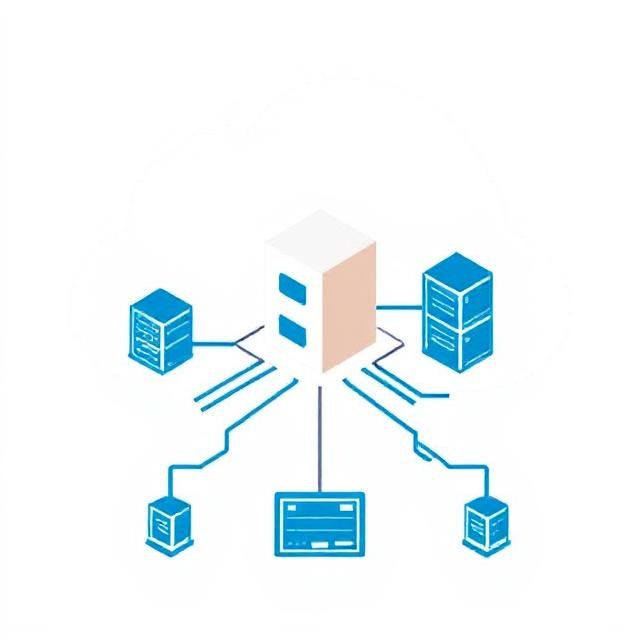Everyday Items That Could Be Risking Your Identity

Everyday Items That Could Be Risking Your Identity
You probably don’t expect a child’s toy or your backyard trash can to threaten your personal data — but they can. In fact, identity thieves often look beyond computers and online accounts. While strong passwords and antivirus software are essential, physical objects around you can also be entry points for hackers.
Below are six common everyday items criminals may use to steal your information.
1. Old Smartphones
People upgrade phones frequently, leaving old devices behind. These gadgets often contain sensitive data — from banking apps and health records to cloud backups and personal photos. Simply deleting files isn’t enough. Always wipe your phone completely before donating or discarding it.
2. Wireless Printers
Modern printers connect to Wi-Fi, making them part of your network. They can store copies of documents like tax returns or contracts. Many people forget to secure these devices, leaving them vulnerable to hacking. Keep your printer firmware updated and turn it off when not in use.
3. USB Drives
Finding a USB stick might seem lucky or harmless, but plugging it into your computer could install malware. Hackers often leave infected drives in public places as bait. Avoid using unknown USBs — even if you’re just trying to find the owner.
4. Old Hard Drives
Deleting files from a hard drive doesn’t truly erase the data. Browsers, system logs, and program files can still hold personal details. For safe disposal or reuse, have an IT expert securely wipe your drive.
5. Household Trash
Believe it or not, your garbage bin is a goldmine for identity thieves. Pre-approved credit offers, canceled checks, and old bills can all help someone steal your identity. Shred any documents with personal info before tossing them out.
6. Kids’ Connected Toys
Smart toys like voice-enabled dolls or GPS watches can be surprisingly easy targets for hackers. Some models have been found to leak personal data or allow remote spying. Always check for updates and research the toy’s security history before giving it to your child.
Stay Protected
Don’t let simple oversights lead to identity theft. Take steps to secure both your digital and physical world. If you’re unsure where to start, consider scheduling a home IT security audit. Peace of mind is worth it.





